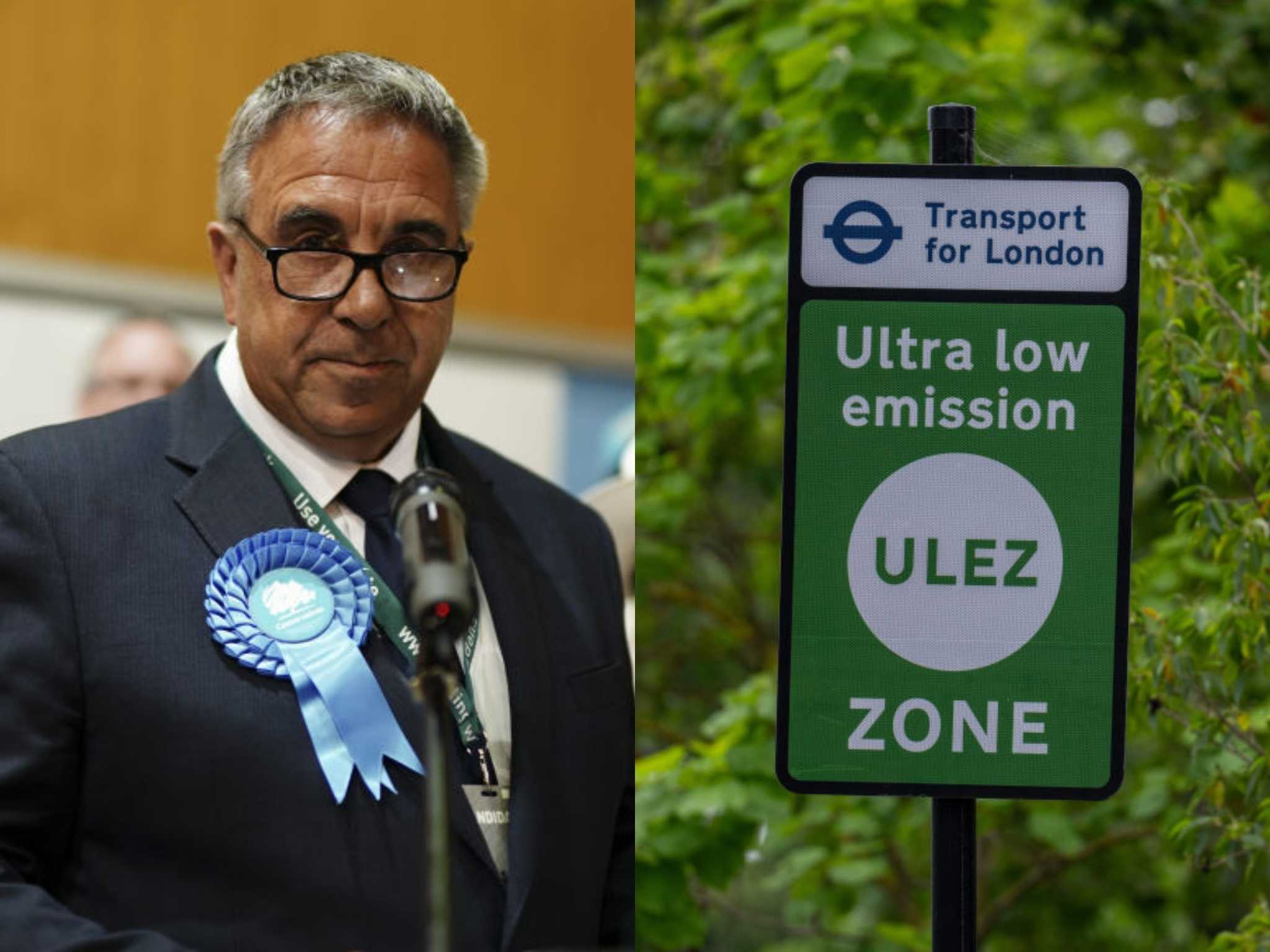Polling and political sentiment in Westminster predicted the ruling Conservatives would lose all three Parliamentary by-elections (special elections) being held in England, but anger in London over Labour mayor Khan’s push for radical anti-car measures upset the apple cart.
Scandals and resignations have seen several vacated seats in Britain’s House of Commons in recent months, three of which were resolved with by-elections on Thursday, with one each going to the Conservatives, Labour, and the Liberal Democrats. All three had been Conservative seats, and the party was predicted to face massive swings to the opposition and lose them all, but pundits were confounded by a narrow hold of Boris Johnson’s old seat in London, Uxbridge and South Ruislip.
Tory Steve Tuckwell took 45.2 per cent, down seven per cent from 2019 and only slightly ahead of Labour’s 43.6 per cent, a margin of around 500 votes. The narrow hold is nevertheless a much-needed boost to the Conservatives, who have used it as proof that overall victory at the next general election — expected next year — remains possible.
The Prime Minister said this morning: “Now no-one expected us to win here, but Steve [Tuckwell’s] victory demonstrates that when confronted with the actual reality of the Labour Party, when there’s an actual choice on a matter of substance at stake, people vote Conservative.”
Frustratingly for Labour, the emerging consensus on Friday morning appears to be their hard-left London mayor, Sadiq Khan, may have been the factor that cost them the seat they expected to easily take. Khan is presently in the process of radically expanding the Ultra Low Emission Zone (ULEZ) from the congested core of the capital city to the whole Greater London Area, approximately three-times the present size.
While this ultra-tax on driving is popular with central-London middle-class commuters who typically do not use cars daily, the expansion to the suburbs and outlying neighborhoods is proving extremely controversial. Depending on which part of London a car visits, the cost of the extra charges levied by the London authority range from £12.50 to £27.50 every single day ($16 to $35), a serious punishment on blue-collar Brits who may rely on a vehicle to earn a living.
A tradesman who needs a vehicle to transport tools and materials to clients, according to figures prepared by the Cross River Partnership would expect to shell out an additional £7,000 ($9,000) a year just to drive five days a week on London roads. For larger vehicles the costs soar, with older vans and trucks weighing more than a tonne unladen costing between £100 and £300 to drive in London a day.
A non-compliant HGV or semi-truck making deliveries in London five days a week could expect to pay a massive £78,000 ($100,000) a year.
As the BBC reports on Friday morning, both Labour and the Conservatives said it was this move to extend this high vehicle tax zone to the whole of London that lost Labour the seat. It reports the Tory victor said in his acceptance speech: “It was his damaging and costly Ulez policy that lost them this election… This wasn’t the campaign Labour expected and Keir Starmer and his mayor Sadiq Khan need to sit up and listen to the Uxbridge and South Ruislip residents.”
The loss has triggered some Labour infighting, unsurprisingly, with deputy party leader Angela Rayner speaking out against ULEZ, one of the flagship policies of Britain’s most successful left-wing elected leader, Sadiq Khan. Per The Telegraph, Rayner said working people can’t afford to pay ULEZ and “The result in Uxbridge tells you that people want to do the right thing, but they don’t want to be penalised because they can’t afford to change their vehicles.”
Rayner proffered her answer to the problem, saying instead of scrapping ULEZ, the government should instead pay the public to buy electric or low-emission cars, which are ULEZ-exempt. The Daily Telegraph reports Khan’s team distanced themselves from the result, asserting Labour was never likely to win the London seat anyway, which has traditionally been Tory. That account clashes with the clear expectations of the Labour party to take a scalp, however.
Elsewhere in England on Thursday night, the by-election results conformed more to type, which is to say met the long convention of British politics that sitting governments generally lose by-elections. The Conservatives lost Selby and Ainsty in Yorkshire to Labour overnight by a huge swing on a low turnout, and the same story played out in Somerton and Frome in Somerset, overturning huge majorities in both cases.
